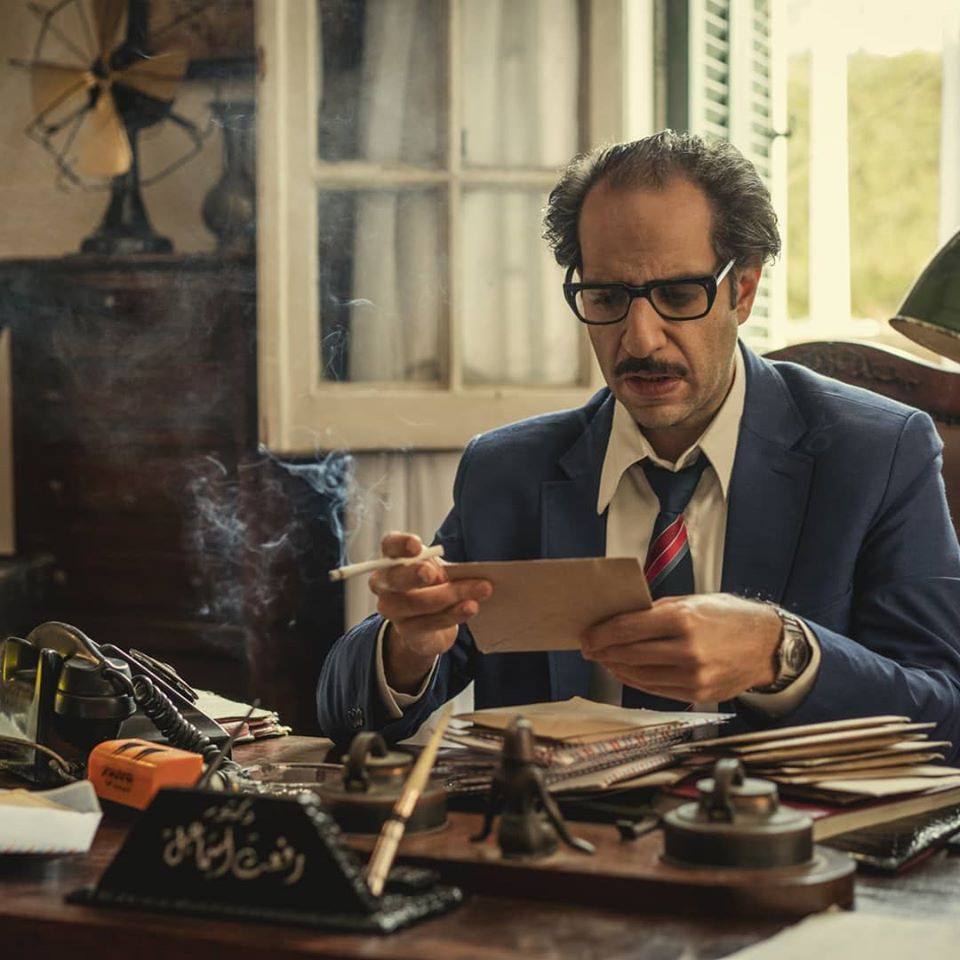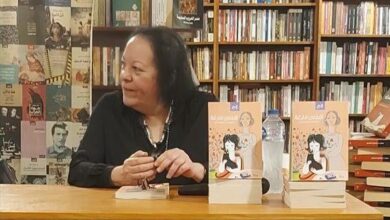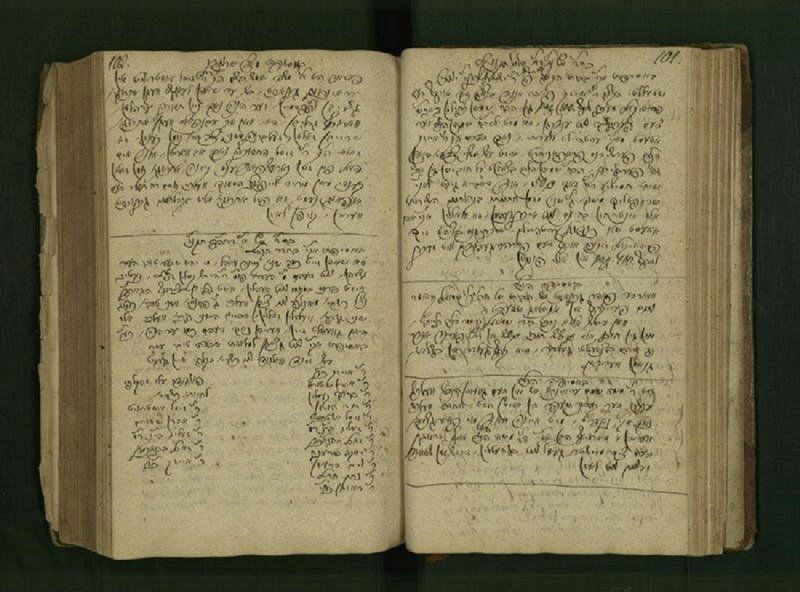Egyptian novelist Bahaa Taher made headlines last year when he filed a suit against the American University in Cairo (AUC) Press, citing both financial issues and infelicities in translation.
Taher, who is fluent in English, has generally been an advocate of his translators. He “very much” enjoyed Humphrey Davies’ version of his International Prize for Arabic Fiction (IPAF)-winning novel, “Sunset Oasis.” Taher added that the translation of his engaging “Aunt Safiyya and the Monastery,” by Barbara Romaine, was “very good; I even took part in it.”
However, Taher said he was never contacted by the translator of his 1985 novel “Doha Said,” as he has been by other translators. When the novel was republished in London, Taher said he read it, and, “was very much astonished.”
“There were so many mistakes in the translation,” he said. But when he contacted the AUC Press, they didn’t see eye to eye: the publisher didn’t concede that there were many mistakes in the English text. Taher decided not to pursue it further, saying that he got what he wanted when “the contract was canceled.”
In October of last year, Algerian novelist Ahlam Mosteghanemi followed suit, saying that she planned to push AUC Press for English-language rights to her “Chaos of the Senses” and “Memory in the Flesh.”
Translation is a strange and sometimes miraculous process, melting down a text in one language and trying to reconstruct it in the material of another. The process of seeing one’s work appear in another language can be exhilarating, discomfiting or angering. It can also be baffling.
Egyptian novelist Ibrahim Farghali said, “For example, during my experience in Stuttgart and Frankfurt … the German poet Jose Oliver was reading my diaries about my experience in German. I felt it so weird – I didn't understand what he was reading, but the audience was looking to me and reacting either by smiling or laughing, and I had to guess – to which part of the text they are reacting.”
Farghali said that the experience of reading the English version of his “The Smiles of the Saints,” translated by Andy Smart and Nadia Fouda-Smart, and published by AUC Press, was quite different. “It was my voice in a way or another, the same tone.” Egyptian novelist Hamdy al-Gazzar also enjoyed the English translation of his “Black Magic,” but was less sure about other languages.
“I think it’s not my responsibility to make sure that the translation will be good in a language that I do not know,” Gazzar said. “Sure, I hope that any translation of my work tells about the spirit of my work and my own art, but unfortunately I don’t have the ability to know or to be sure about that!”
Generally, the translator and a living author have the chance to work together, which often makes for a more successful translation. Taher said that he answered a number of Davies’ questions about “Sunset Oasis,” for instance. But such is not always the case.When Anthony Calderbank was translating Miral al-Tahawy’s first novel, “The Tent,” he had questions about Bedouin songs, names and other issues, and so he traveled to Tahawy’s village to see her. However, Tahawy’s mother was not pleased to have a strange man in the village asking after her daughter.
At a talk Tahawy gave at AUC in 2010, she said that she never really discussed the translation with Calderbank. Instead, her younger brother met with the translator.
“My younger brother sat across from him ready to answer on my behalf, explaining and rectifying various aspects in my novel, which he had not read … All my attempts to intervene and to impose my presence on the translation process, from which I had been deliberately marginalized, in spite of myself, utterly failed.”
Tahawy is no longer living with her parents. But, for her most recent novel “Brooklyn Heights,” she provided criteria for the selection of a translator. Samah Selim’s English version of the book should be out later this fall.
But translation need not be arduous or unpleasant; it also can be an enjoyable experience for the author. Sudanese novelist Amir Tagelsir was pleased with the translation of his IPAF-shortlisted novel “The Grub Hunter.” He said, when reading it, “I felt very happy.” As he paged through, “I found myself enjoying it as a reader and not the writer of it at all.”
But with Tagelsir’s French translations, he said, it has been a different thing entirely. His novel “French Perfume” was translated by Xavier Luffin, and the fact that he couldn’t access his work made him so sad that he considered learning French.
“But of course this was a silly thought. I think we should trust our translators in languages we don’t know.”
Egyptian poet Ahmad Yamani was more poetic on the experience of translation. “You could say that the experience of translation itself is a magical meeting with the other in which each language – whether it is departing or arriving – concedes ground to the other, a ‘double traitor’ in the words of Abdul Salam Ben Abdul Alay. I do recognize my own voice in Spanish [my primary language after Arabic], but in other languages I do not.”
Novelist Mona Prince, who worked actively with Raphael Cohen on the recent translation of her novel “So You May See,” said she wasn’t sure how she felt about seeing her novel in another language.
“Honestly, I don't have the guts to read the English version of my novel.”




